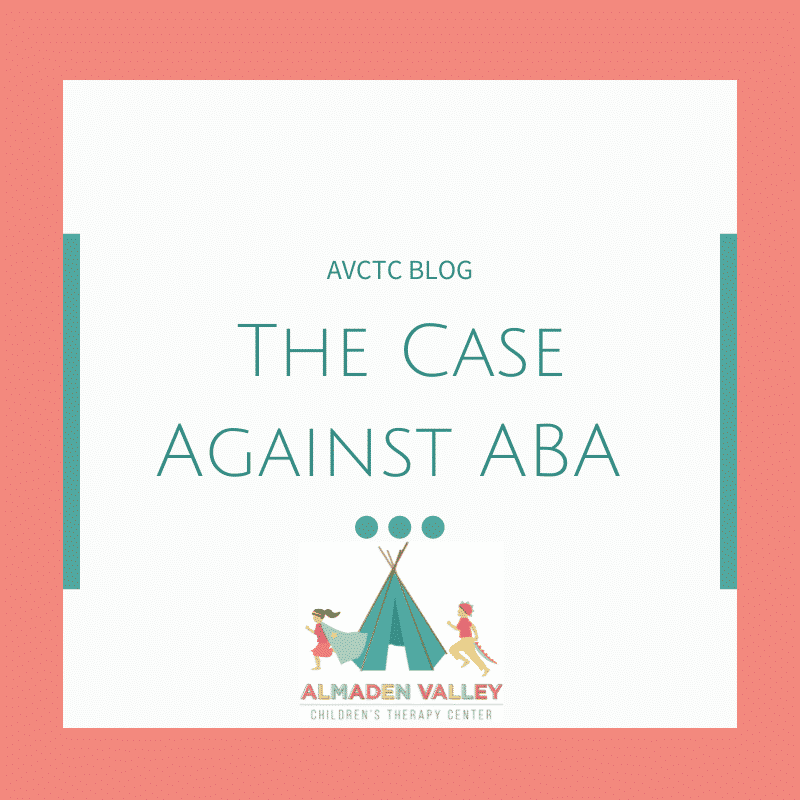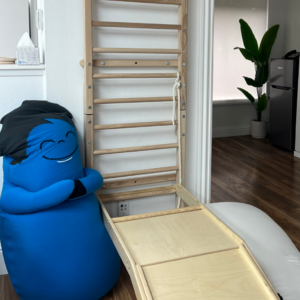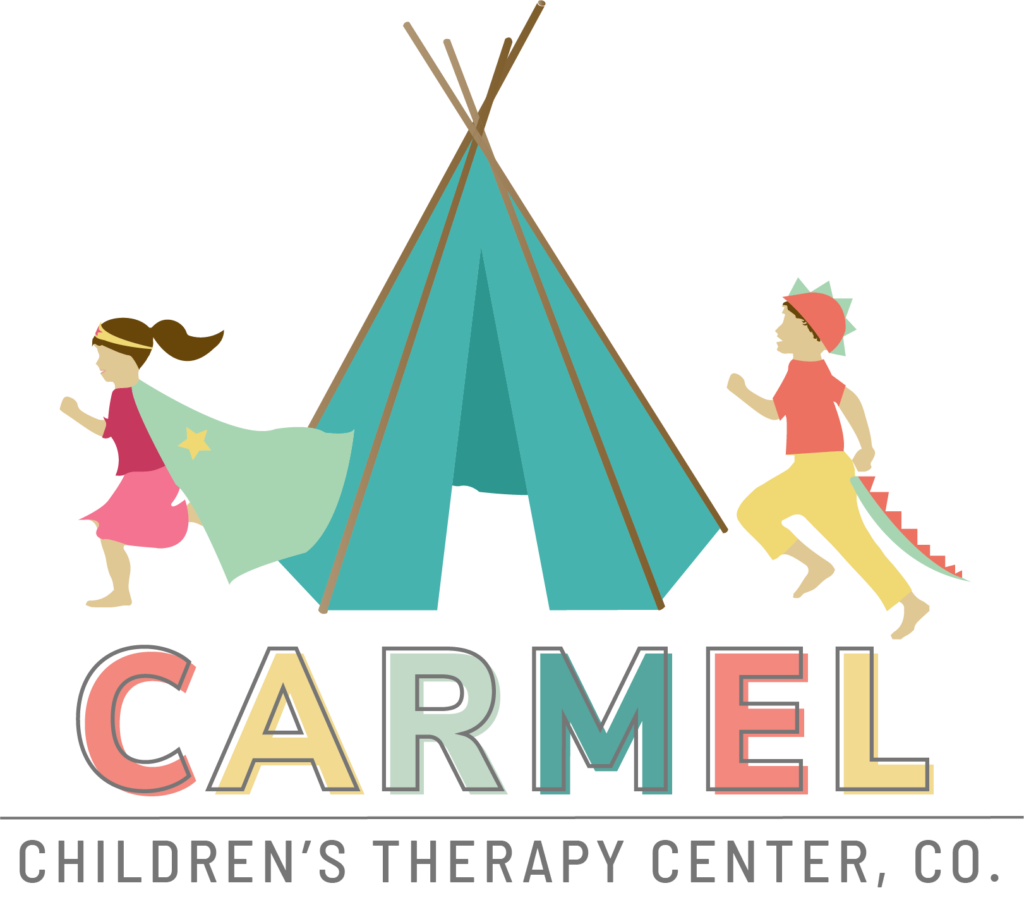
We are often asked for referrals for ABA (Applied Behavioral Analysis) therapists and our short answer is “We do not recommend ABA therapy”.
Let me give you some background. I (Brittney) was an ABA therapist while I was studying to become an OT. I was so excited to gain experience working with autistic children to help me as I became an OT. I cared about the kids I was working with. I cared about the families I was working with. But, deep down something felt off. First of all, I started working with children after such minimal training that I truly had no idea what I was doing or what the children I was supporting needed. I was simply following a playbook. I vividly remember watching a work training video that was shown to parents that claimed that with 30+ hours of ABA weekly they could ‘cure’ their child of autism. Even at the time this tactic felt like it was preying on families worse fears and beliefs that if their child was autistic that meant they were less than (neurotypical children). As I was working with my ABA clients I saw them learn to comply with my demands so I was proud that I was “helping” these children learn. However, many times my clients would have big emotional outbursts and I would simply use a reinforcer to distinguish these reactions. It took time but ABA worked. They eventually stopped reacting and just did what I asked them to.
As I continued along in my OT coursework I began questioning the work I had done as an ABA therapist more and more. The more I learned about development and co-regulation, I realized that the profession of ABA is filled with (mostly) good people doing harmful therapy. I sat with that belief fairly silently for years. I shared my thoughts with colleagues and within my professional associations but I wasn’t hearing much negative feedback or concerns from others. In the past few years or so more and more people have been vocal about the harmful affects of ABA. Hearing the voices of autistic adults who received ABA as a child has further solidified my beliefs of the harm that ABA causes.
I now know that when I worked as an ABA therapist I was training these children to mask who they were. I was forcing them to do what I wanted them to do. I was stripping away their autonomy and uniqueness. What I perceived as my effectiveness was actually a stress response of shutdown which is a severe trauma response. While my clients could force a response to me repeatedly asking them to “Give me blue” they could not generalize this skill into their daily lives in a functional or internally meaningful way.
At AVCTC we strive to explore and learn from neurodiverse individuals which helps us to continually evolve as clinicians. The following are articles and resources that we have found helpful in our continual learning process:
- The Neurodiversity Collective: “An international collective of licensed and/or credentialed therapists who believe that neurological differences are to be recognized and respected as any other human variation. We practice empathetic and respectful, ABA-free Therapy.”
- Learn Play Thrive: “Our mission is to provide resources and continuing education trainings that promote the use of strengths-based, ethical, neurodiversity-affirming practices for professionals working with autistic people.”
- Facebook Group-Autism Inclusivity: “This is an Autistic-led group for parents and caregivers of Autistic children to ask questions of Autistic adults. Parents and caregivers come to this group to hear perspectives, insights and feedback from Autistic members – and as such this group respectfully centres upon Autistic voices. We seek to educate in this group so that current and future generations of Autistic children can be better understood and supported with their needs. Please ensure you answer all membership questions in order to be considered for acceptance into the group. It is also imperative that you ensure you have read AND thereby AGREE to ADHERE to our Group Rules as per indicated via the final membership question.”
- Greg Santucci: Greg is a pediatric OT who is committed to providing neurodevelopment neurodevelopmentally informed therapy services, as well as workshops to parents and professionals promoting compassionate, collaborative, and brain based interventions to support children of all abilities.
- Dr. Ross Greene:
- Lives In The Balance: “Collaborative & Proactive Solutions (CPS) is the evidence-based model of care that helps caregivers focus on identifying the problems that are causing concerning behaviors in kids and solving those problems collaboratively and proactively. The model is a departure from approaches emphasizing the use of consequences to modify concerning behaviors. In families, general and special education schools, inpatient psychiatry units, and residential and juvenile detention facilities, the CPS model has a track record of dramatically improving behavior and dramatically reducing or eliminating discipline referrals, detentions, suspensions, restraints, and seclusions. The CPS model is non-punitive, non-adversarial, non-exclusionary, and trauma-responsive.”







